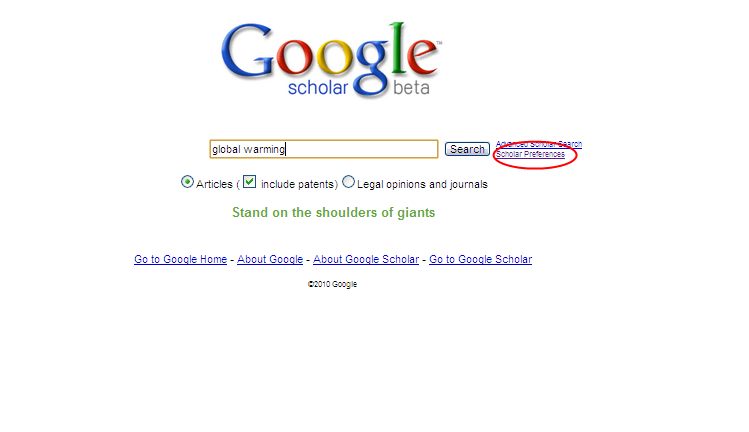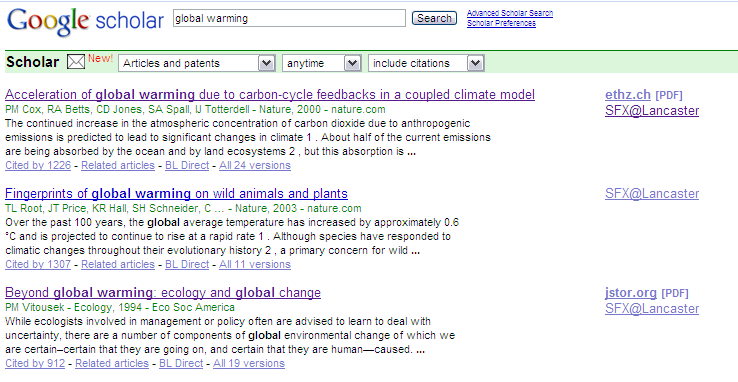Humanities and social science researchers – can you spare twenty minutes to help us understand the future of the monograph? You could win one of several £100 Amazon vouchers by completing the OAPEN-UK Researcher Survey at http://www.surveymonkey.com/s/oapenukresearcher
OAPEN-UK is an Arts and Humanities Research Council and JISC funded project exploring the issues impacting upon the publishing of scholarly monographs in the humanities and social sciences (HSS). The project is working with Taylor & Francis, Palgrave Macmillan, Berg Publishers, Liverpool University Press, University Wales Press, research funders and universities, to understand the challenges and steps required to move towards an open access publishing model for scholarly monographs. Further information on OAPEN-UK is available on the project website: http://oapen-uk.jiscebooks.org
In an open access model the monograph is made freely available – readers (or their libraries) do not have to pay to read it online, rather the costs of the publishing process (e.g. peer review, typesetting, marketing) are recovered through alternative routes such as research grants, institutional funding or perhaps through readers purchasing print editions or particular formats for their iPad or Kindle. Various models are being tested at the moment.
OAPEN-UK has two strands: an open access pilot gathering data on the usage, sales and citations of 60 monographs, and a wider research project which explores the environment for open access publishing.
We’re six months into the project and, following a series of focus groups, have identified some key questions for researchers – both as authors and readers. We invite you to complete the researcher survey: http://www.surveymonkey.com/s/oapenukresearcher. The findings from this survey will combine with interviews and surveys of other stakeholder groups to help us understand the big issues and priorities that an open access publishing model must accommodate.
To thank you for your help, if you complete the survey you will be entered into a draw for Amazon vouchers – we have three £100 vouchers, three £50 vouchers and three £25 vouchers available to win.
If you’d like any further information, please contact Ellen Collins (ellen.collins@researchinfonet.org) or myself. The OAPEN-UK website also contains more information about the project, and our findings so far.

